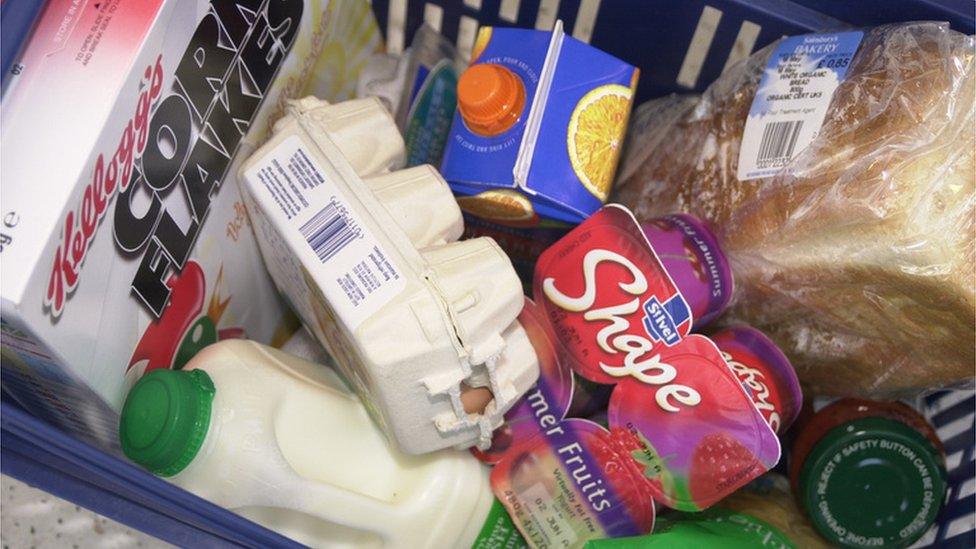Brexit: Further details on Irish sea border 'grace period'
- Published
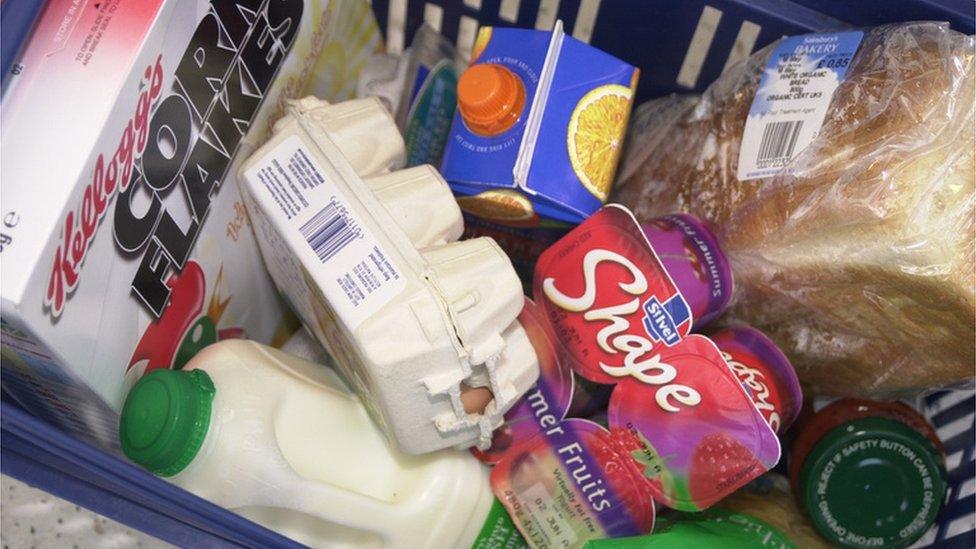
The EU has strict rules on products of animal origin such as meat, milk, fish and eggs
The government has given more details of which businesses will be eligible for the "grace period" for new Irish Sea border processes.
Food businesses are being given three months to adapt their systems.
The government is drawing up its list of authorised businesses, external but others can now apply to be included. The full list should be known by 28 December.
From 1 January, Northern Ireland will stay in the EU single market for goods, but the rest of the UK will leave.
It means food products arriving in Northern Ireland from Great Britain will be subject to EU processes.
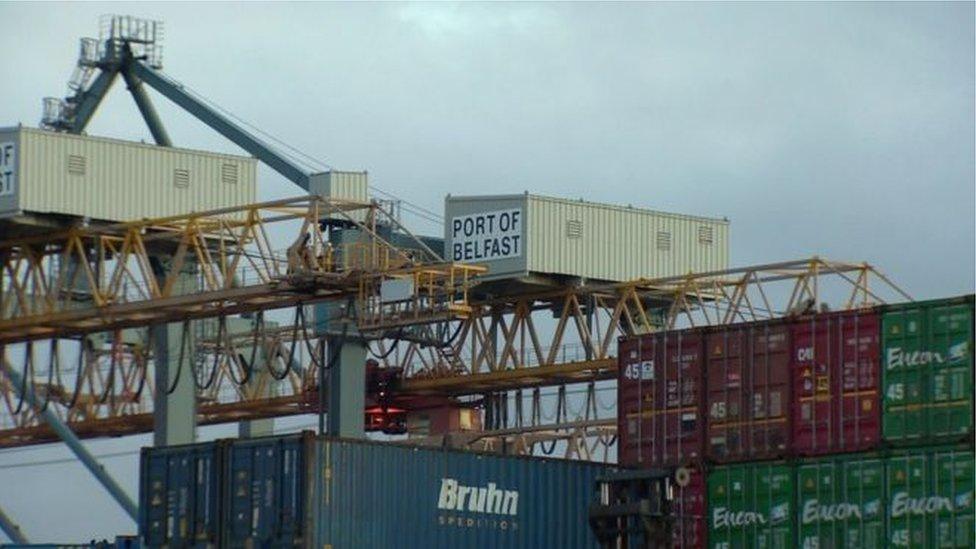
Products of animal origin arriving in NI will need an Export Health Certificate signed by a vet or other qualified person
The EU has strict rules on products of animal origin: meat, milk, fish and eggs.
These products must usually be accompanied by an Export Health Certificate (EHC), a document signed by a vet or other qualified person.
However, authorised businesses will not need an EHC for most products until April. Chilled meat products will need an EHC from January.
Government guidance says: "Authorised traders are supermarkets and their trusted suppliers.
"The UK government will not discriminate against smaller suppliers or between different companies in recognising traders as authorised for the purpose of this grace period.
"A trusted supplier is any business that independently moves its products from GB to NI, for sale in NI".
As an example, it says, a meat pie supplier that send its own products from GB to NI, directly to a store for sale would be eligible for authorised trader status.
But a meat pie supplier that delivers products to a supermarket distribution centre in GB would not qualify.
In that instance, the supermarket would be the authorised trader for that movement into NI.
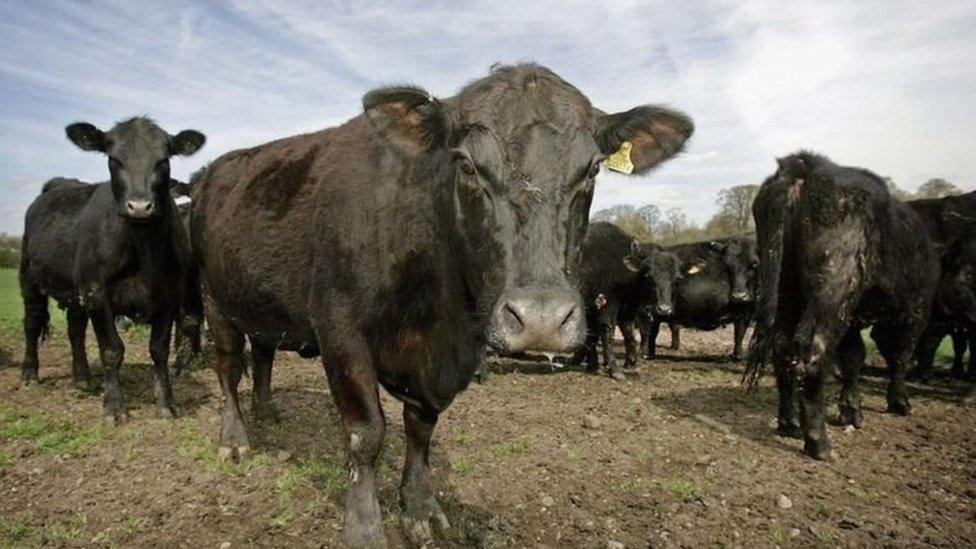
NI's Chief Veterinary Officer said EU laws will continue to apply to animals, plants and food
Meanwhile, the Department of Agriculture, Environment and Rural Affairs (Daera)has published two guides to help people and businesses navigate the new procedures to follow when moving animals, plants, food and feed from GB to NI.
Northern Ireland's Chief Veterinary Officer Dr Robert Huey said: "EU laws will continue to be applied to all animals, plants and food produced and marketed in Northern Ireland.
"Individuals and businesses should thoroughly read the Compliance Protocol and the Guidance for Authorised Traders and understand what they need to do to keep trading.
"While some of the new processes will be phased in over time, many of them start immediately - therefore people should read these guides as soon as they can."
- Published17 December 2020
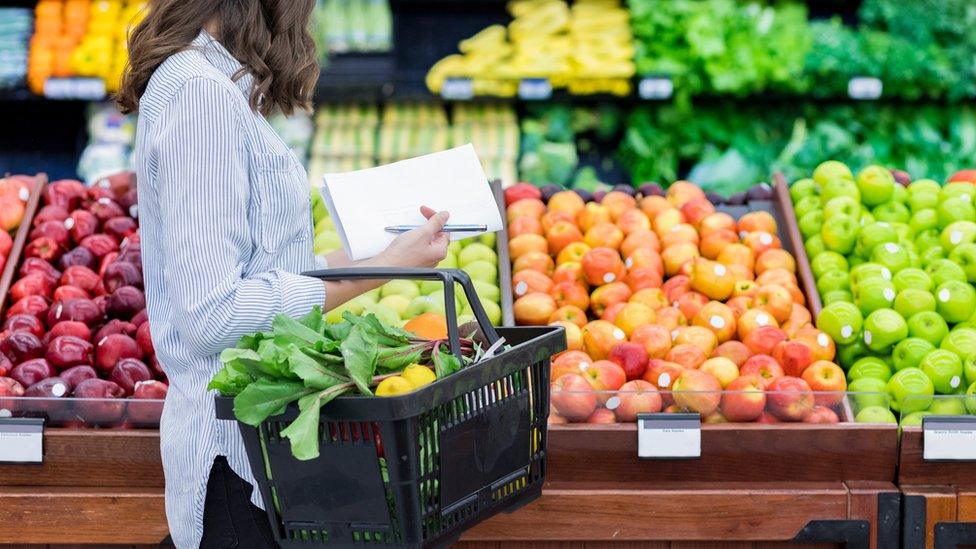
- Published10 December 2020
